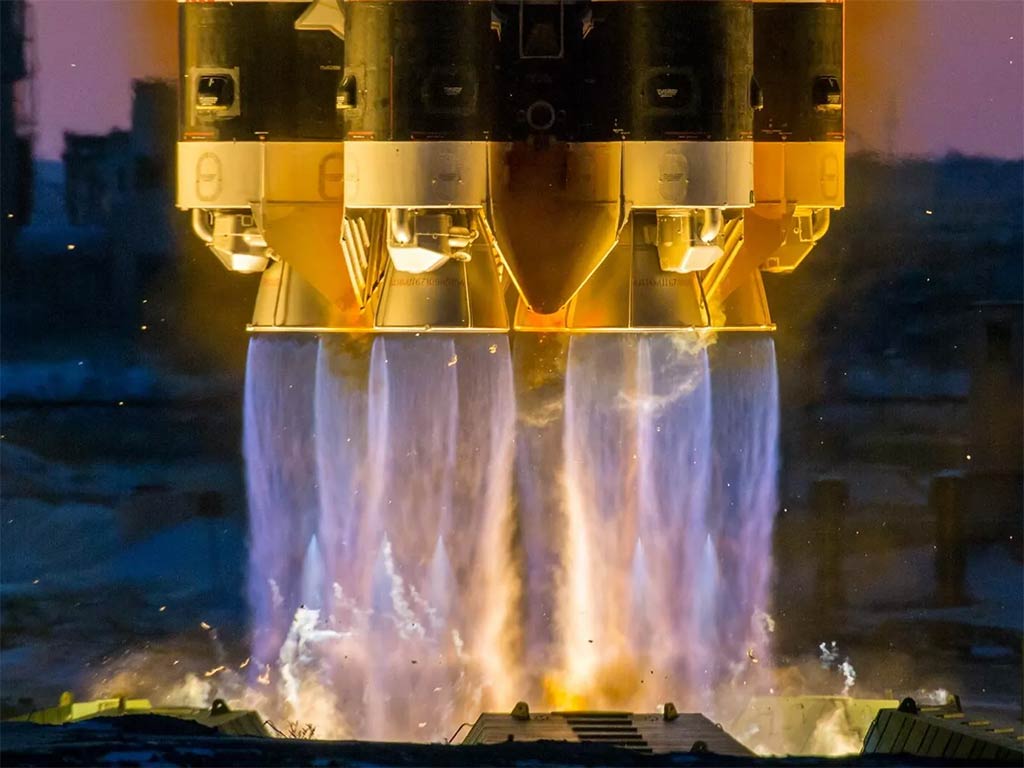As the entity reported on Sunday, a Proton-M rocket carrying the fourth Elektro-L satellite took off shortly after noon from Baikonur cosmodrome, in Kazakhstan.
About 10 minutes later, the DM-03 booster was separated from the third stage of the rocket, propelling the satellite into initial orbit, about 35,400 kilometers away from Earth, and from there, the satellite will set up in a geostationary orbit at an altitude of almost 35,800 kilometers.
This Sunday’s launch is the first of the 2023 agenda for Roscosmos, which also reported that there will be another two in February, and a third in March, also from Baikonur, in the context of the International Space Station (ISS) program.
Russia has two Elektro-L satellites, number two and three, operational, launched in 2016 and 2019, respectively, since the first of the range, launched in 2011, stopped responding to ground stations after a few years. A fifth will be put into orbit in 2024.
The satellites send images 24 hours a day and update weather data every 15-30 minutes, helping by this to improve weather forecasts and early warnings of storms and other emergency situations.
jrr/llp/mem/gfa









